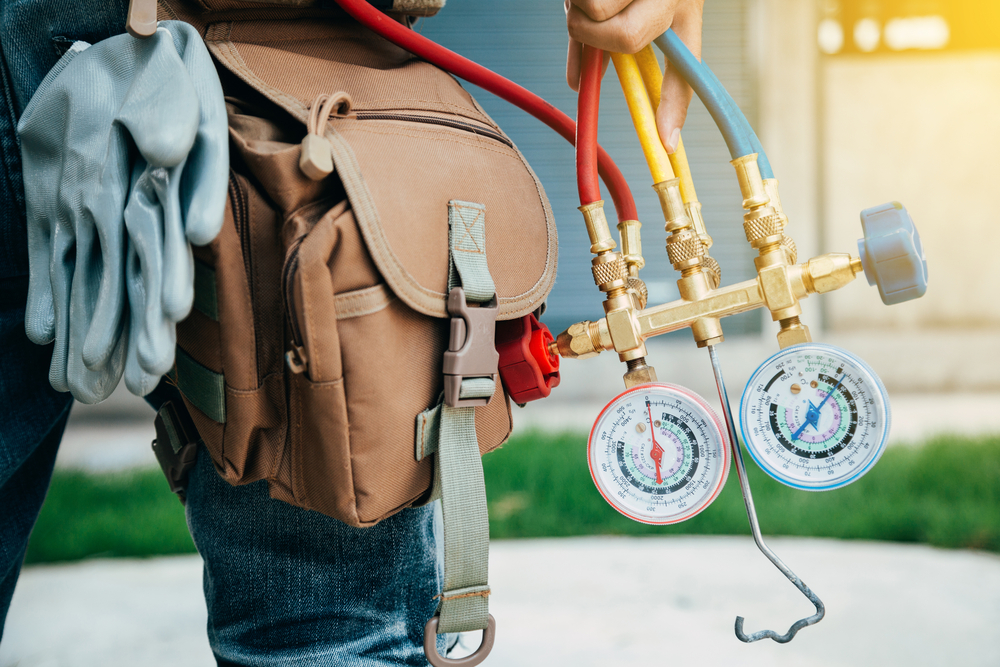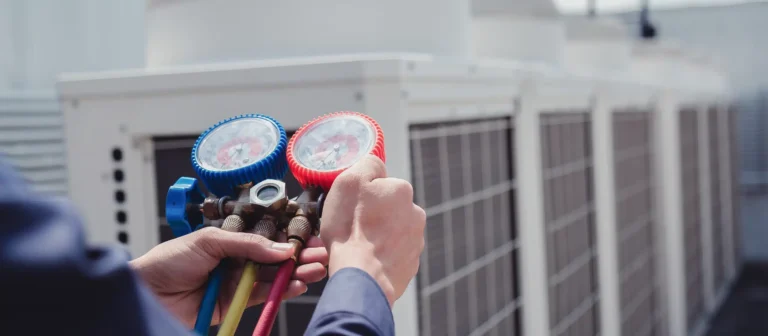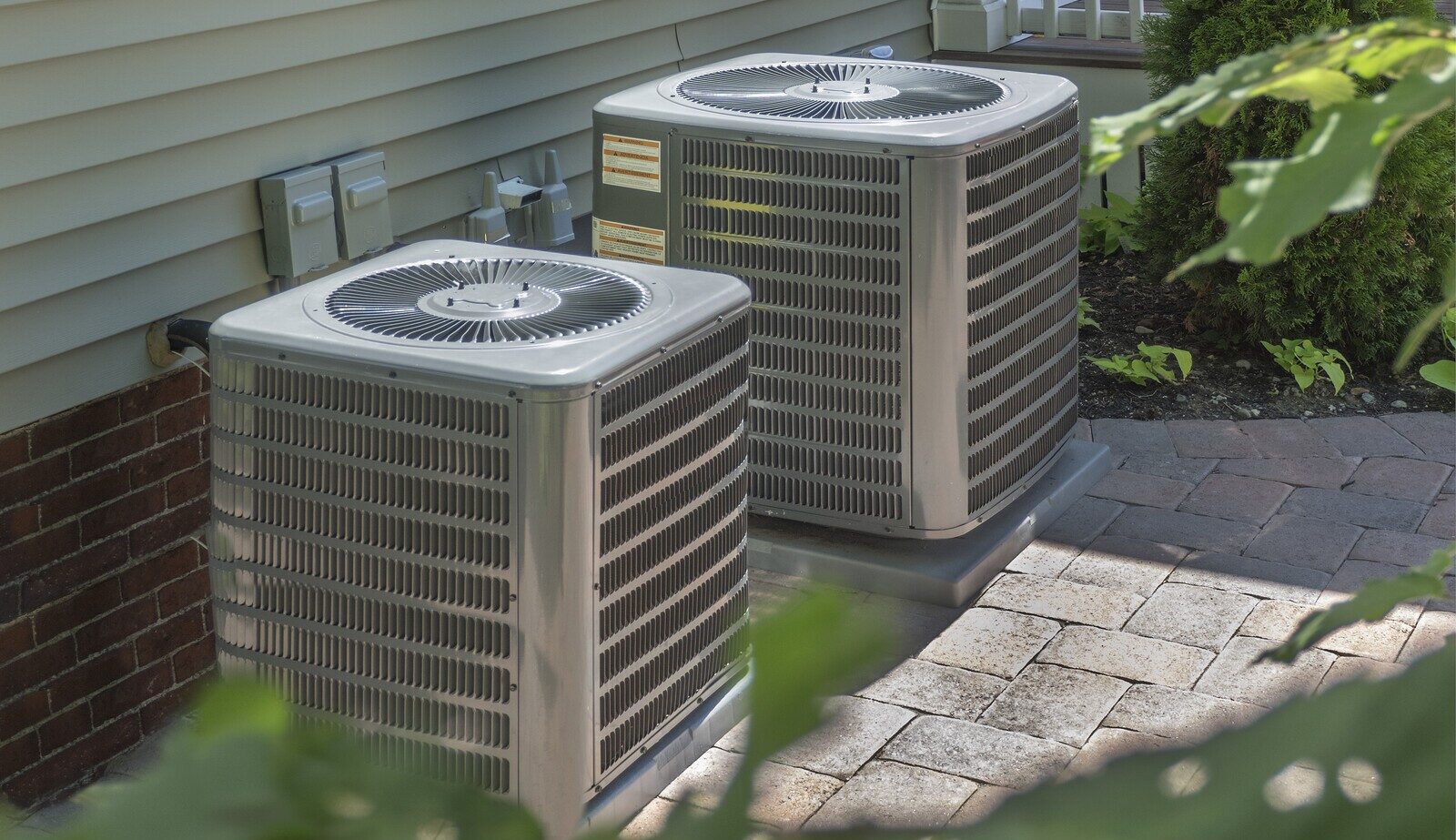INSTALL
AIR CONDITIONERS We offer repair, replacement, and installation services for ...
Read More




Professional Mini-Split AC Maintenance You should schedule a professional tune-up to hand...
Read More
Look out for symptoms like reduced airflow, strange noises, foul odors, frequent cycling, or uneven cooling throughout your home. Prompt repairs and regular maintenance can prevent minor issues from escalating into costly repairs.
Regular air duct cleaning, proper ventilation, and using high-efficiency air filters can help remove allergens, pollutants, and contaminants from your indoor air, promoting a healthier living environment.
Setting your thermostat to 78°F when you’re home and slightly higher when you’re away can help balance comfort and energy efficiency. Consider using a programmable or smart thermostat to automate temperature adjustments based on your schedule.
If you live on the coast, your AC will be introduced to salty air. To an AC unit, salty air is not a friend. When exposed to salty air, AC is more susceptible to corrosion, damage, and failure. And unfortunately, houses within three kilometres of the ocean do often experience salt damage. If you live close to the coast, regular maintenance is all the more important.
HVAC systems are rated using the Seasonal Energy Efficiency Ratio (SEER), which measures cooling efficiency. As of 2025, ENERGY STAR-certified central air conditioning systems must meet a minimum SEER2 rating of 14.3 in northern states and 15.2 in southern states. Additionally, these systems must have an Energy Efficiency Ratio (EER) of at least 11.0 for single models and 12.0 for split systems to qualify for certification. Investing in a high-quality ENERGY STAR HVAC system is a proven strategy for long-term energy savings while maintaining year-round comfort.
This can be complex as there’s no specific rule for sizing an AC system. Generally, 1 ton of air conditioning cools from 300 to 800 square feet of space. A professional evaluation is the best way to determine the heating and cooling needs of your home. It’s important to ensure the AC isn’t over or undersized, as this can reduce efficiency and strain the system.
There are several possible answers to this question, so it’s best to call a professional and have them conduct a thorough inspection. However, hot air is typically a sign that your air conditioner isn’t cooling the refrigerant in your lines anymore. Either your compressor has given out, a leak has formed somewhere, or some other problem is preventing heat from leaving your system, and therefore your system can’t produce any cold air. We recommend booking a service right away.
